EU Gets Vaccine Boost As WHO Dampens Herd Immunity Hopes
The European Union started the approval process for its third vaccine on Tuesday as WHO scientists warned that herd immunity from coronavirus was unlikely this year even with mass inoculation schemes.
The 27-nation EU -- under fire for lengthy approval processes and slow national rollouts of virus shots -- promised an "accelerated timeline" after confirming drug company AstraZeneca had applied for approval for the jab it developed with Oxford University.
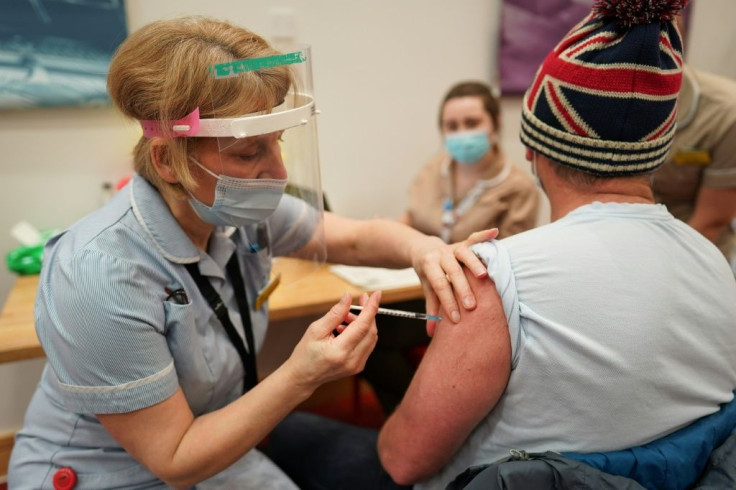
The EU's medicines agency said a decision would still not come before January 29, even though the drug is already being used in countries including Britain.
But the European Commission said Tuesday it had concluded exploratory talks with Franco-Austrian biotechnology laboratory Valneva for the possible purchase of up to 60 million doses of its Covid-19 vaccine.
Switzerland meanwhile approved the Moderna vaccine on Tuesday, having already been the first country in continental Europe to start using the Pfizer-BioNTech jab.
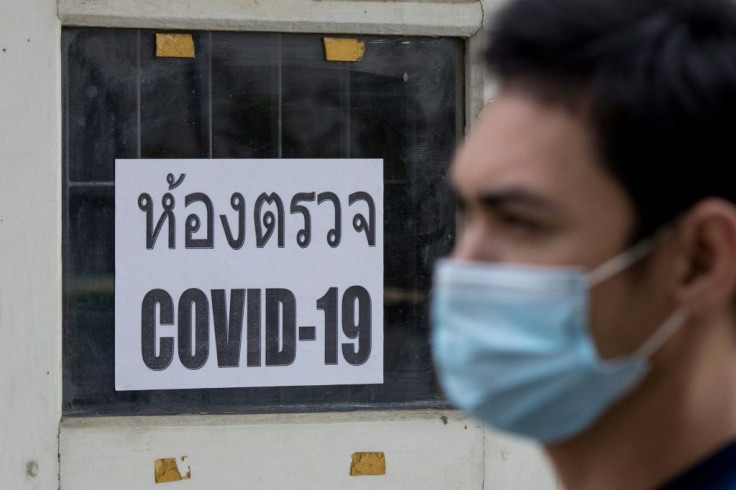
Even with mass vaccinations however, World Health Organization scientists warned that coverage would still not be wide enough for population-level immunity this year.
"We are not going to achieve any levels of population immunity or herd immunity in 2021," said WHO's chief scientist Soumya Swaminathan Monday.
The virus has already infected more than 90 million people worldwide and killed almost two million. European hospitals are increasingly warning of stretched resources and Asian countries are also facing surges in case.
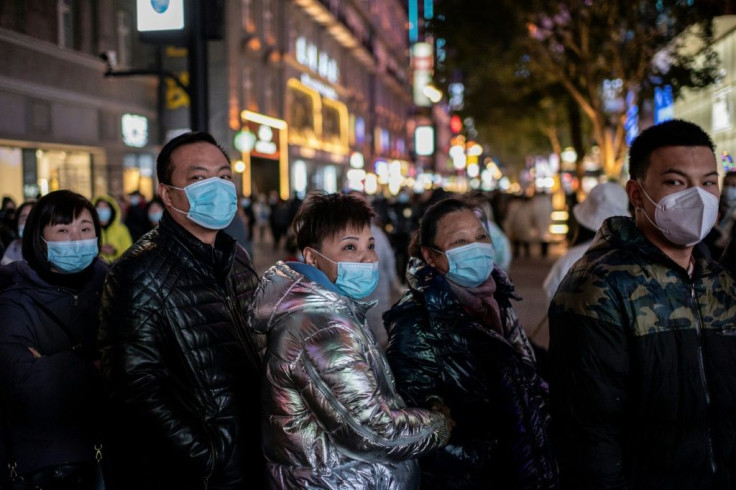
Malaysia declared a state of emergency on Tuesday as fears grow that its health system is close to being overwhelmed, after China and Japan took measures against localised clusters.
China added a city of five million to a growing lockdown area near Beijing on Tuesday, as WHO experts arrive in the central city of Wuhan to probe the origins of the disease.
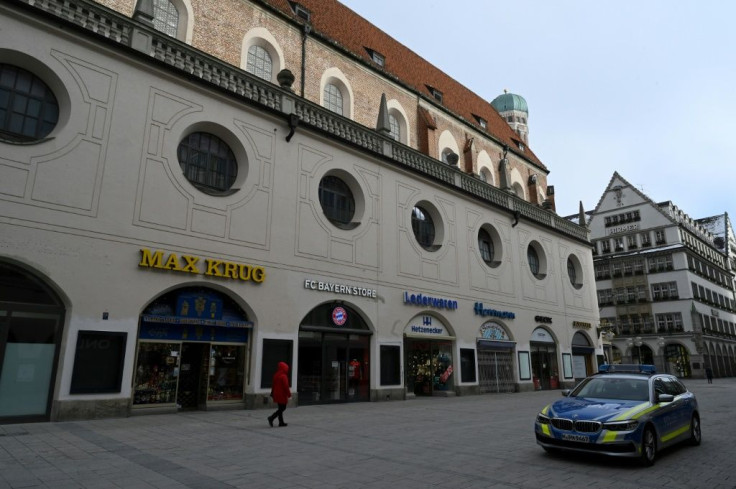
Ukraine's President Volodymyr Zelensky, under pressure for having failed to secure any western-made vaccines, on Tuesday called on the European Union to help source coronavirus jabs.
Zelensky's appeal came a day after Albania's Prime Minister Edi Rama accused the EU of leaving the Balkans region behind in its immunisations.
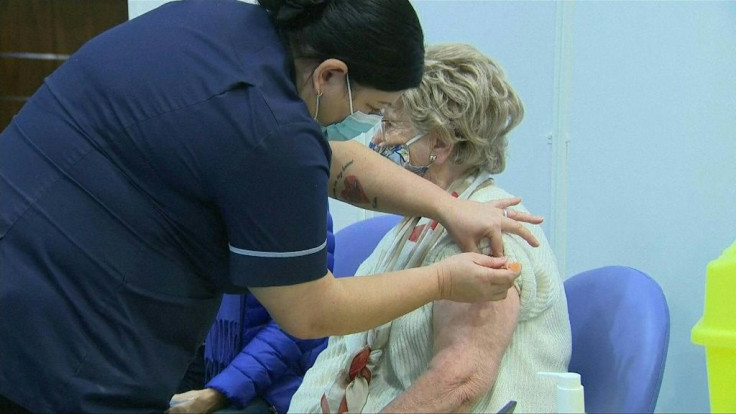
And last week, 13 EU member states urged Brussels to help the bloc's eastern neighbours vaccinate their populations against coronavirus.
Malawi lost two senior members of government to the virus Tuesday, transport minister Sidik Mia and local government minister Lingson Belekanyama.
South Africa on Monday restricted movement across its land borders and extended recently imposed coronavirus restrictions, as it grappled with a surge in cases fuelled by a new virus strain.
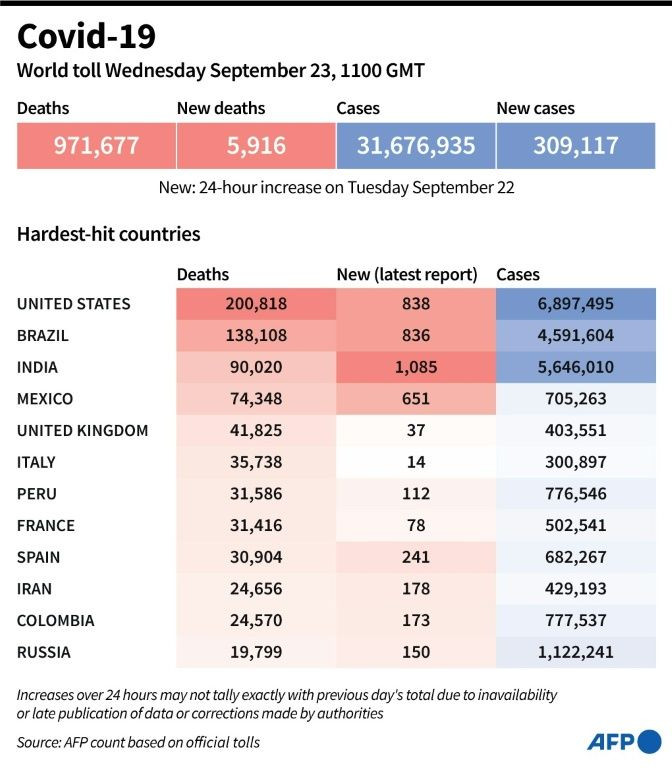
The continent's most industrialised economy and worst Covid-hit country had already returned to partial lockdown last month and those restrictions remain in place.
The United States remains the worst-affected country, and has posted an average of more than 3,000 deaths a day over the last seven days, according to an AFP tally based on official sources.
On Tuesday, US lawmakers voiced fury over the actions of some of their peers during last week's violence in Washington DC.
Congress members were forced to shelter in secure rooms as supporters of President Donald Trump marauded through the corridors of the Capitol building.
Some have now tested positive for coronavirus and blame their colleagues.
"Many Republicans still refused to take the bare minimum COVID-19 precaution and simply wear a damn mask in a crowded room during a pandemic -- creating a superspreader event on top of a domestic terrorist attack," said Democratic Congresswoman Pramila Jayapal, who has since tested positive.
Sports fans can look forward to England starting a cricket Test match in Sri Lanka on Thursday, 10 months after their tour was called off.
But elsewhere in the sporting world, shredded schedules and crisis meetings were still the order of the day.
Tokyo Olympics organisers dismissed speculation that this summer's event was about to be cancelled, as polls showed public support declining.
Formula One announced a major reshuffle of next season's races on Tuesday, shifting the season-opening Australia Grand Prix from March to November and postponing the China race indefinitely.
Environmentalists meanwhile warned about the pandemic's longer term impacts.
"Face masks aren't going away any time soon," Ashley Fruno of animal rights group PETA told AFP.
"But when we throw them away, these items can harm the environment and the animals who share our planet."





















